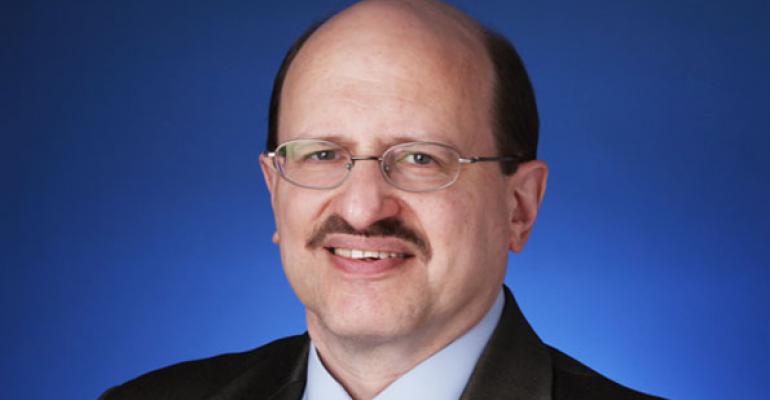It is often the case that U.S. food retailers trail their counterparts in Europe and elsewhere in the world when it comes to retail-related technology and sustainability initiatives.
 That has once again been demonstrated by the results of SN’s inaugural refrigeration survey. Among its findings, the survey reveals that most of the 10 retail respondents — representing 4,267 stores — have no plans to replace HFC refrigerants in new or existing stores despite their high global warming potential (GWP).
That has once again been demonstrated by the results of SN’s inaugural refrigeration survey. Among its findings, the survey reveals that most of the 10 retail respondents — representing 4,267 stores — have no plans to replace HFC refrigerants in new or existing stores despite their high global warming potential (GWP).
By contrast, in the U.K., Waitrose has committed to a total HFC phase-out by 2020 while Marks & Spencer and Sainsbury’s have pledged to do the same by 2030.
U.S. retailers have generally used HFC refrigerants as a replacement for ozone-depleting R-22 (an HCFC refrigerant), which is being phased out around the world, per international agreement (the Montreal Protocol). It’s an inconvenient and vexing reality that HFCs are themselves extremely potent greenhouse gases (as much as 4,000 times more potent that carbon dioxide) and may become subject to regulation, taxation and eventual phase-out.
The problem, though, is that there is no readily available replacement for HFCs — at least nothing that can easily replace them in existing systems. As for new stores, some U.S. retailers are testing carbon dioxide systems — CO2 is a harmless gas in the refrigeration context — but these systems have yet to become seriously adopted in this country.
Read more: Refrigeration Roundtable: Energy Mavens
Allan Thornton, president of the London-based Environmental Investigation Agency, said his group, which has prodded U.K. retailers to move away from HFCs, “is shocked at the lack of action by U.S. supermarkets to build new supermarkets that do not use HFC refrigeration technologies as there are available alternatives that are cost effective.” Leakage from supermarket refrigeration, he noted, is the second largest source of HFC emissions in the U.S.
Read more: Retailers Grapple With Refrigerant Conversions
It is true that the Paris-based Consumer Goods Forum, which includes a number of U.S. retailers, has committed to begin phasing out HFC refrigeration by 2015 but it remains to be seen whether those companies will act on this commitment.
The respondents to SN’s refrigeration survey admittedly represent a small sample, but my hope is that these and other U.S. retailers will follow their foreign counterparts by transitioning to greener refrigeration.
| Suggested Categories | More from Supermarketnews |

|
|

|
|



